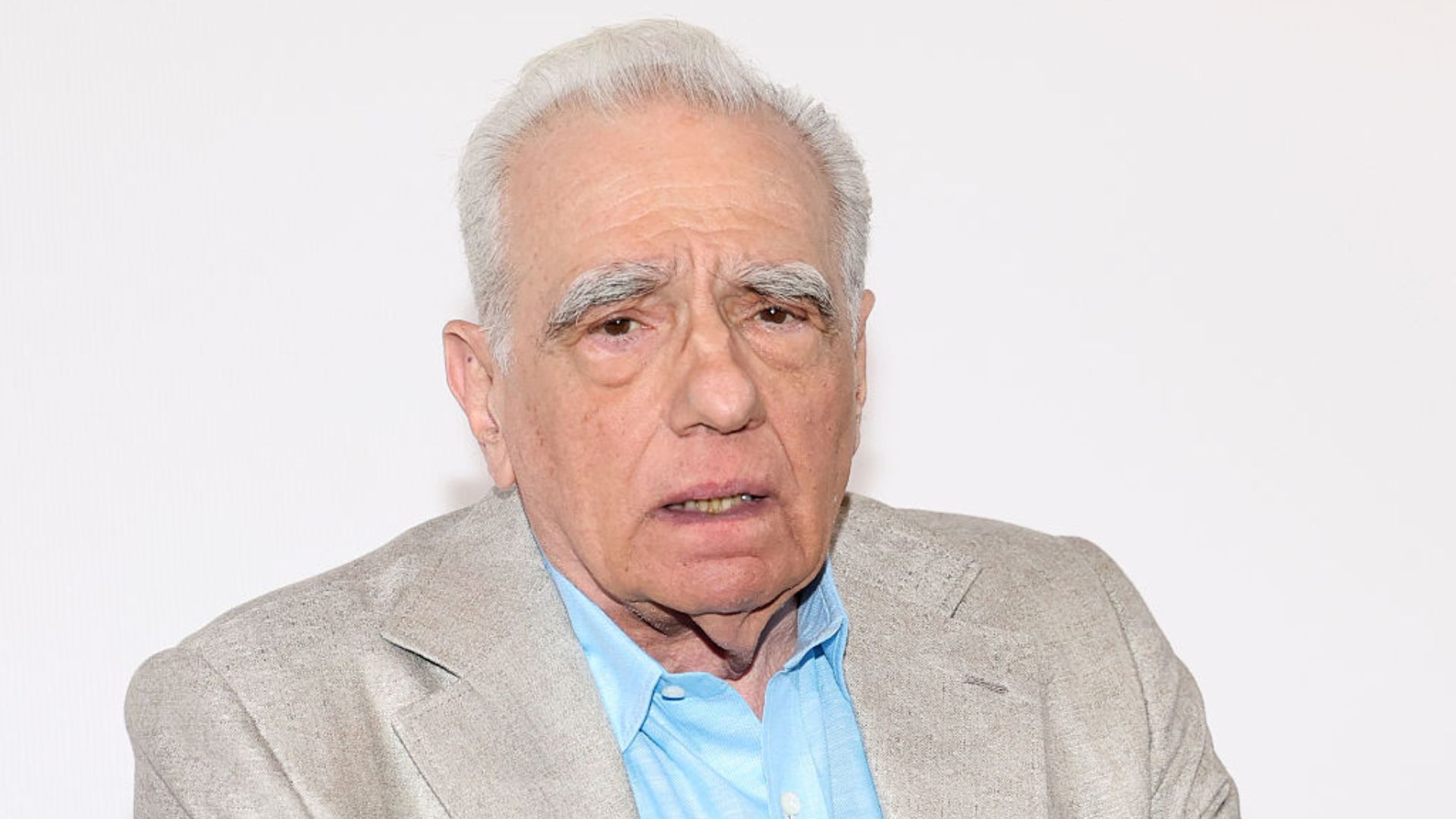Just arrived from a tour in Europe, the singer-songwriter launches the album ‘Brasileiras Canções’, with twelve new songs
in the song Theme for Jobim, from 1985, Joyce Moreno, who signs the text that takes up the melody created by the American saxophonist Gerry Mulligan, talks about the thrush that no longer sings and the flower that no longer blooms. That year, the composer, singer and guitarist from Rio de Janeiro alluded to the bossa nova and, in a certain sense, to the poetry of the songs of the group of that movement and of the immediately following generation, of which she is a part, of which she had lost space. in the Brazilian musical environment. .
Almost 40 years later, Joyce, in the song that gives new life to her newly released album, Brazilian songs (Biscoito Fino), continue this thought. Like a “love oath, a spell or a spell”, as the text says, it says that like a “bird in the vulture’s sky” what it represents remains stationary, even in a dark sky that insists on establishing itself in Brazil .
“It is Brazilian art that flies over this moment in which we live. The metaphor is clear. All of us in art live what (Mario) Quintana wrote. ‘They will pass, little bird.’ art survives, “he says.
on the hump All, who opens the record, Joyce talks about evil disguised as virtue. “They are those good citizens. A story of magicians, as they used to say,” she says.
The partnership he inaugurated with Moacyr Luz also bears the mark of those times. The samba they made and sang together philosophize about death, a theme present in this more than two-year period of pandemic in which Joyce composed some 40 songs – some were recorded by other performers, as is the case with Sunriseits creation with Emicida, recorded by the singer Alaíde Costa.
All of these questions, Joyce says, have come through her keen songwriter antenna, who needs inner silence to connect, especially on an album where she signs 11 out of 12 songs. Composition has become an outlet.
Portuguese composer and poet Tiago Torres da Silva, responsible for the lyrics of many lives, the only one on the record with the female lyric self, something Joyce can call her own. Joyce says that Tiago is a kind of younger Hermínio Bello de Carvalho. A cultural agitator there in Portugal.
The song was recorded with the participation of the singer Mônica Salmaso. Other participations in the disc are the singer and instrumentalist Alfredo Del-Penho, in chorus Who everand guitarist Chico Pinheiro on instrumental It did not work (but it was fun).
The basic band that accompanies Joyce is formed by Hélio Alves (piano), Jorge Helder (bass) and Tutty Moreno (drums), in addition to his guitar and the occasional participation of other musicians between the songs.
The launch show Brazilian songsthe 42nd album of his career, is scheduled for September 25, al Sesc Pinheirosin San Paolo.
“My music is very talkative”
Joyce’s persistence is also realized through the music, more precisely, of swinging bossa and sambas, which do not escape the influence of jazz, which is very particular to her and which has taken her around the world – even if her work, like her, Estadão’s report indicates, has traveled through the northeast and the Minas Gerais. “My music is very conversational,” she says.
Fresh off a European tour, as well as a first-time tour in Singapore, Joyce says she found an audience eager – and packed – to hear her sound. A thirst for life, with music as a bridge.
In times of “struggle” by Brazilian artists for the top of the world music charts, Joyce said that, throughout Europe, the opening shows of his presentations have brought the repertoire of names such as Guinga, Moacir Santos, Tom Zé, among the other.
“We held a seminar in Singapore. They are very interested in Brazilian music. A girl was playing Carnival morning. Another had the score for one of my songs, carioca afternoons, that her teacher showed her. Brazil throws away this treasure we have. If people knew the power of Brazilian music, we wouldn’t even need agribusiness, “she jokes.
Still on Joyce’s forays abroad, the album Nature, recorded by Joyce in collaboration with Maurício Maestro in 1977, in New York, and never released, it will be released on vinyl in September.
Featuring music production and arrangements by German conductor Claus Ogerman (1930-2016) – Tom Jobim’s favorite – the album was remastered from a cassette preserved by Joyce. With the participation of Brazilian musicians such as Naná Vasconcelos. João Palma and Tutty Moreno, brings songs like female, recorded for over 11 minutes. Pure Jazz.
The record was kept for 45 years
Versions due to the fact that Nature, which Joyce calls an “urban legend,” have been in storage for 45 years is a lot. It would not be released because Joyce refused to re-record the record with English lyrics at the time. Issues relating to orchestral contracts also weighed.
After that, Ogerman, according to Joyce, wanted a fortune to put it on the market. He would also have asked for the album to be mixed in a certain equally expensive studio.
“This record is important because it is a record of a very important moment in our careers,” says Joyce, of what would have been her first attempt at a career abroad, which would have happened in the 1990s.
Source: Terra
Emily Jhon is a product and service reviewer at Gossipify, known for her honest evaluations and thorough analysis. With a background in marketing and consumer research, she offers valuable insights to readers. She has been writing for Gossipify for several years and has a degree in Marketing and Consumer Research from the University of Oxford.







